
Madison, author, and her therapist, Jennifer Trujillo-Armijo, LMSW
Hey there,
If you’re reading this, perhaps you’re feeling weighed down by expectations, the scars of your past, or maybe even the uncertainty of the future. I’ve been there, and I want to share a piece of my story with you, in hopes that it reminds you, you are not alone.
I grew up in a household where love became a battlefield. My parents’ divorce wasn’t just a chapter in my life; it felt more like a storm that uprooted my sense of security. I remember countless nights filled with the echoes of arguments, and how deeply I longed for stability. I found myself struggling with feelings of abandonment and an inability to express my emotions.
It became evident that I needed support, particularly with managing my emotions, sharing my feelings, and respecting boundaries, especially after my parents’ divorce. I found myself struggling with anxiety about transitioning into high school and the complexities of family dynamics. My parents encouraged me to begin therapy, a journey I met with resistance. I had been down that road before and felt frustrated by therapists who, in my eyes, just didn’t get me.
Then came the COVID-19 pandemic, and like so many others, I found myself confronted with new challenges. The isolation hit hard, amplifying the weight of my struggles and bringing on anxiety in ways I had never anticipated. At first, the isolation felt overwhelming, being cut off from friends and normal routines. But when I finally returned to school, things didn’t get easier. I started experiencing issues with relationships at school and tensions at home, all of which piled up and triggered panic attacks. It reached a point where I had to be sent home because I was simply too unstable to be in that environment. The weight of emotional pain felt suffocating. The pandemic had flipped our lives upside down, and though the outside world was filled with chaos, the storm inside me felt ten times louder. I struggled to filter through the swirling thoughts and feelings that consumed me. School became a minefield, each day accompanied by the terrifying panic attacks that left me gasping for air and reeling in confusion. The simple act of socializing felt difficult, as if I were constantly on the edge of a cliff, unsure if I would soar or fall.
It was in that darkness that a new therapist, Jen, entered my life. My mom had discovered that I could go to therapy at my school through its school-based mental health wellness center. She wouldn’t have to drive me to therapy, and the therapist would be someone who was familiar with teens like me. I decided to give it a try.
When I first stepped into that small, softly lit room at my school’s wellness center with Jen, my heart raced, pounding like a drum, echoing my unease.
At our intake meeting, Jen had suggested that therapy should concentrate on emotional regulation and the challenges of high school, alongside family therapy to address the different parenting approaches and foster understanding, ultimately creating a more positive environment. I felt vulnerable, trapped behind a wall built from years of unexpressed fears and emotions, refusing to let anyone in. I was stubborn and held my guard up like armor, convinced that therapy was a waste of time. Little did I know, healing often requires us to lay down our defenses.
Jen not only saw me, but also truly listened. With her warm smile and patient demeanor, Jen gently began to dismantle my barriers. Time, I came to learn, is a powerful healer, and as moments turned into hours, I found comfort in sharing my struggles, my questions, and my unfiltered self.
Slowly, I began to peel back the layers I had so carefully constructed. We set goals together: learning to communicate my feelings, expressing my needs, and building coping skills that I could use when anxiety crept in. I began to open up, and through that openness, I found strength. I learned how to manage those panic attacks and improve my relationships with my mom and dad. I started to embrace that while I couldn’t control everything, I could control my own reactions.
Therapy was not a magical cure; there were no overnight transformations. It was a process, filled with setbacks and hard truths. I learned to articulate the emotions that had once threatened to consume me, to express my needs without fear of judgment. For the first time, it wasn’t just about surviving the storm; I was learning to navigate through it. My therapist armed me with coping skills that felt like sturdy life jackets, tools I could use when anxiety crept in like an unwelcome guest.
Gradually, I began to see the positive results and benefits of the hard work I had put in. Panic attacks became less frequent, the fear that once gripped my chest relaxing its hold. The conversations I once dreaded became moments of connection, both with my mother and father. I learned that it was OK to communicate my needs, to lean on loved ones while also recognizing the importance of letting go of what I could not control. The beauty of growth is often found in the quiet spaces of understanding, and I finally started to appreciate the strength in vulnerability.
As I graduated high school and stepped into college life in Ohio, the world opened up in ways I hadn’t anticipated. I carried the tools I had gained in therapy with me. The change felt daunting, but I was determined to lean into the lessons I had learned. The bond I now share with both my parents is stronger. They both taught me that seeking help is courageous, not a sign of weakness. I built and embraced new friendships, while nurturing the relationships I had back home in New York became a source of encouragement. I found joy in community, and every connection reminded me that we all share struggles, even if they look different on the surface. Each moment became an opportunity to form connections, to challenge myself, and to celebrate the progress I had made.
Today, I have grown from reluctant participant to passionate advocate for mental health. To every person out there who feels lost in the chaos of life, remember it’s OK to not have it all figured out. You are a work in progress, and that’s perfectly fine. Embrace the journey, lean into therapy, and know that healing is not linear. With each step you take, you move closer to a brighter, more fulfilled life. There’s a relief in recognizing that seeking support is a sign of strength. Therapy isn’t a stigma; it’s a pathway to healing, self-discovery, and empowerment.
Looking back, I am filled with gratitude that my parents pushed me to seek help. I appreciate my therapist beyond words; her support has transformed my life. Without Jen’s compassion and guidance, I know I wouldn’t be the person I am today: resilient, hopeful, and ready to embrace everything life has to offer. My heart swells with appreciation for the wisdom she shared, for the tools she equipped me with, and for the safe harbor she provided on the stormy seas of adolescence.
I believe that everyone, at any stage, can benefit from therapy. There’s no shame in seeking help. It’s a sign of strength and a commitment to your own well-being. I understand that life may still throw turbulence my way, but now I know I have the inner resources to navigate it. And for that, I will always cherish the lessons learned and the support received. With newfound confidence, I move forward, ready to face whatever comes with open arms and an open heart. You are worthy of love, connection, and healing. Keep going.
With all my heart,
Madison
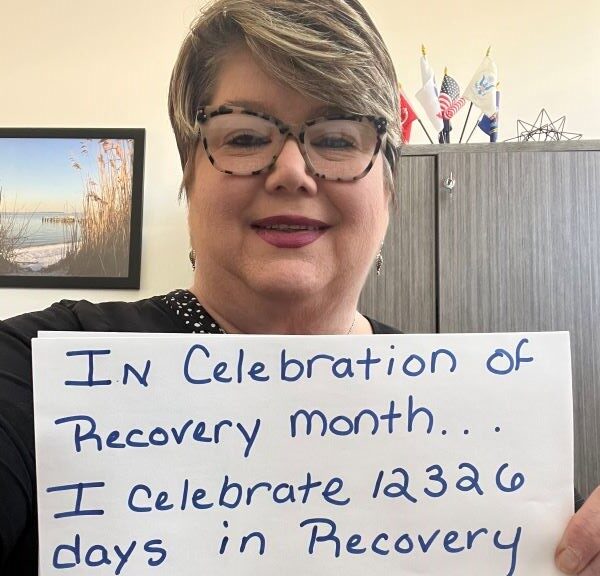
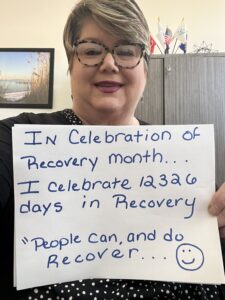
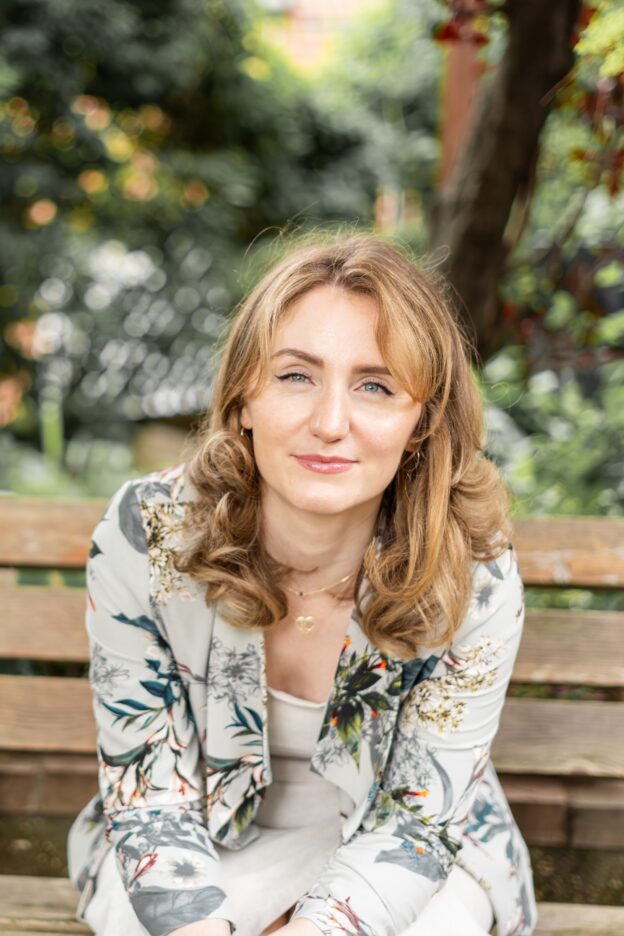
 One of the most heartbreaking—and hopeful—things we do here at The Child Center of NY is work with young people who have thought of or attempted suicide. We know that each one of them has so much to give, and we take seriously our job to help them see it, too.
One of the most heartbreaking—and hopeful—things we do here at The Child Center of NY is work with young people who have thought of or attempted suicide. We know that each one of them has so much to give, and we take seriously our job to help them see it, too.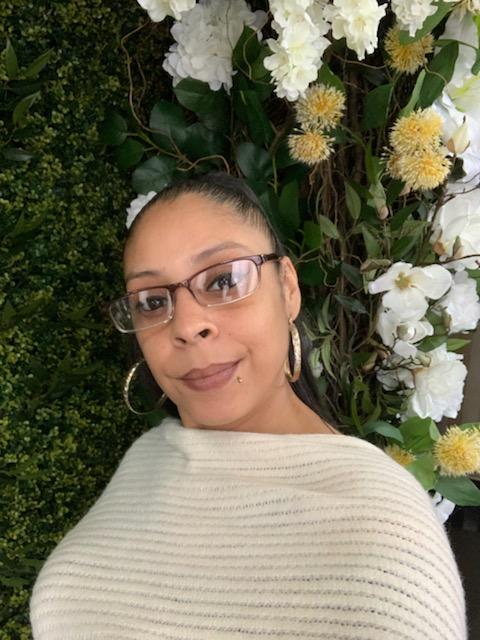
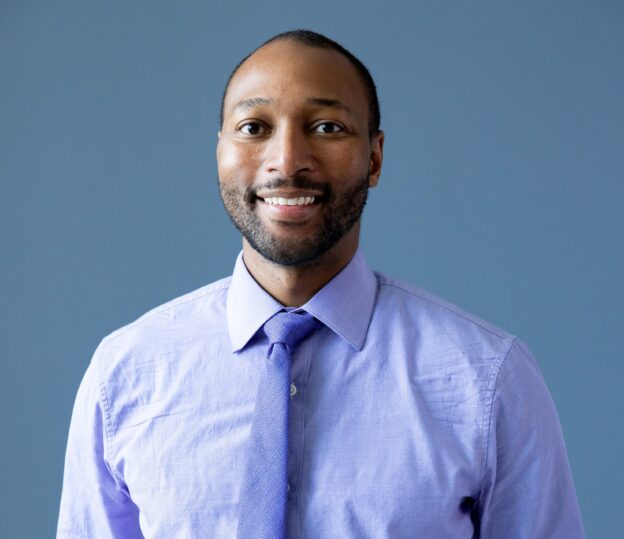
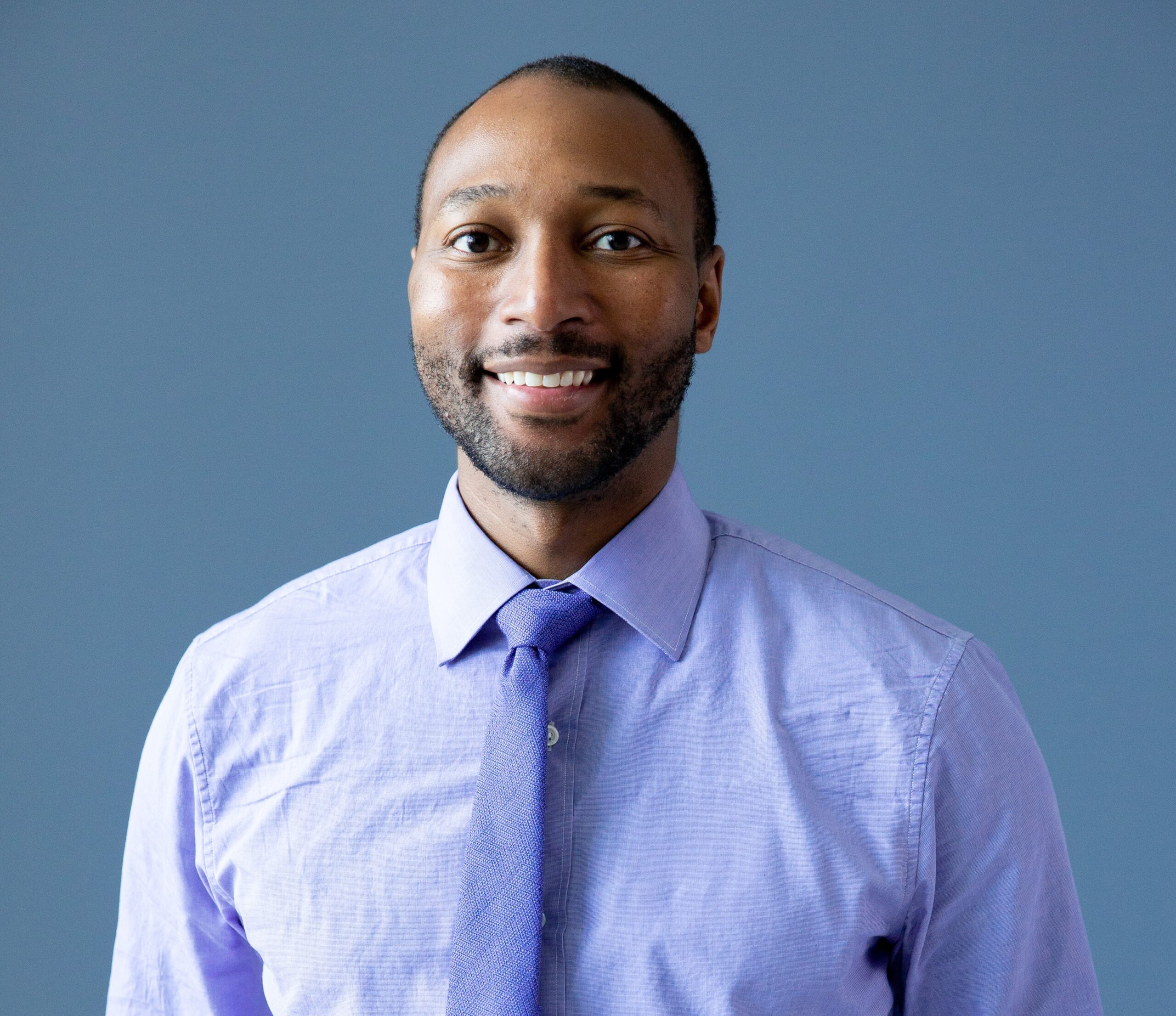
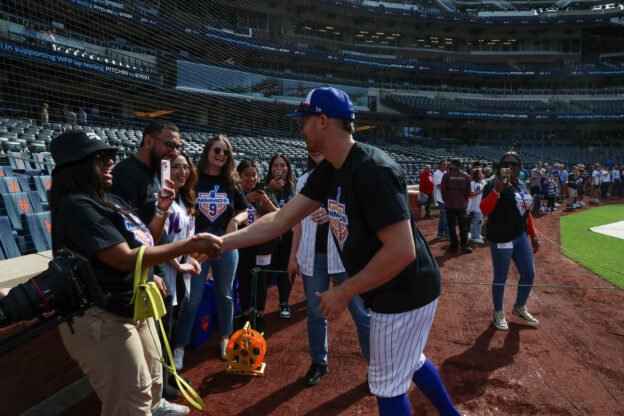
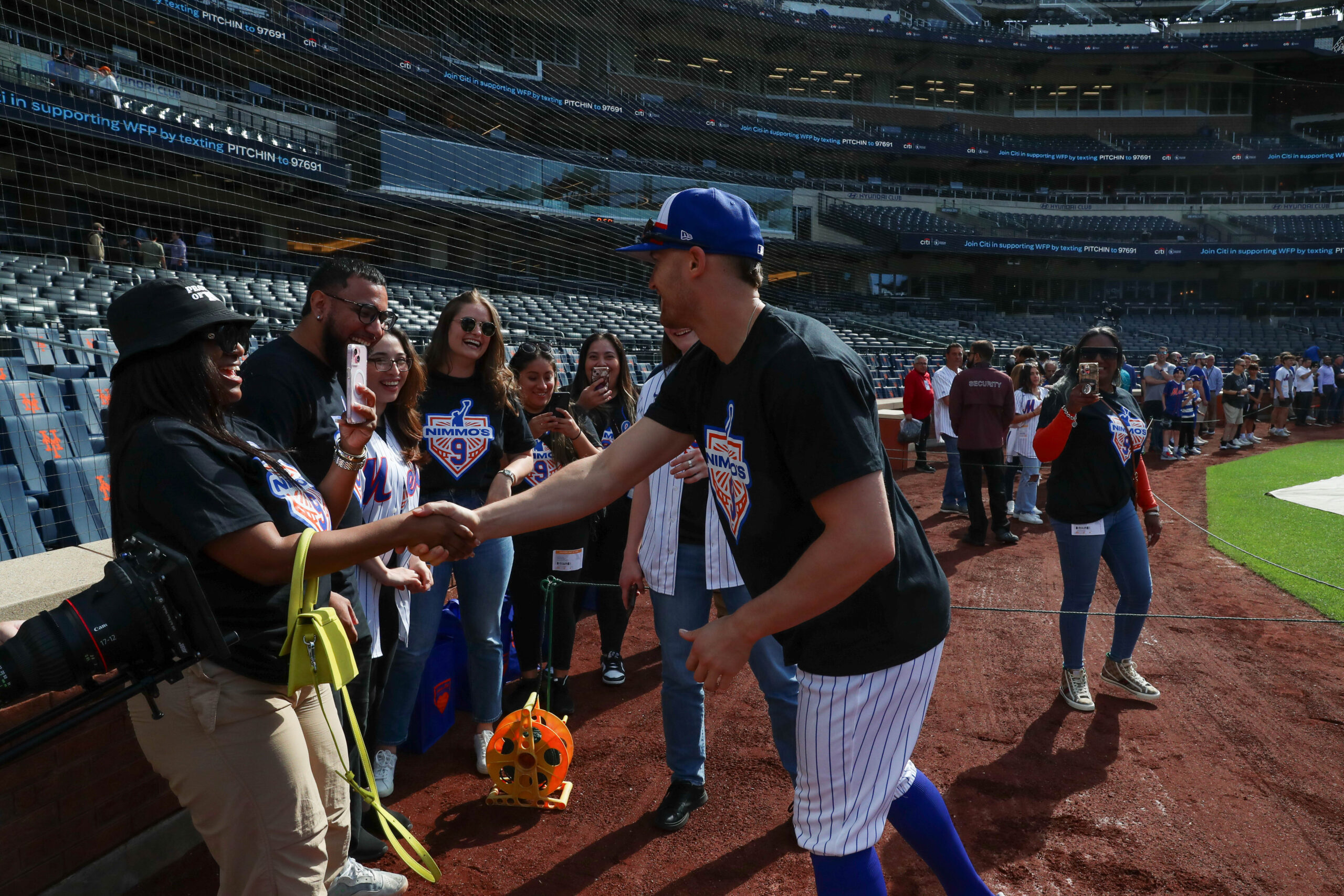
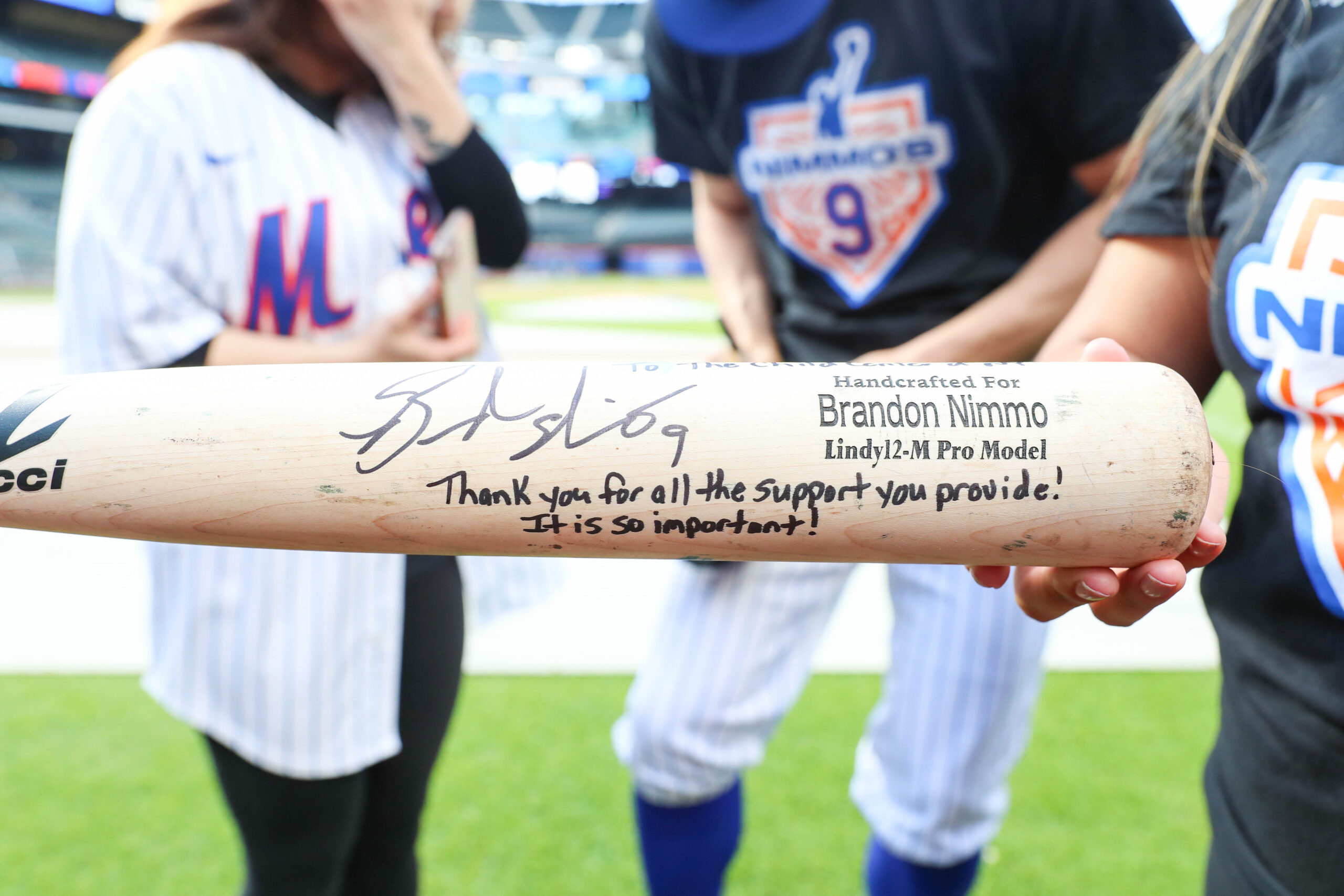
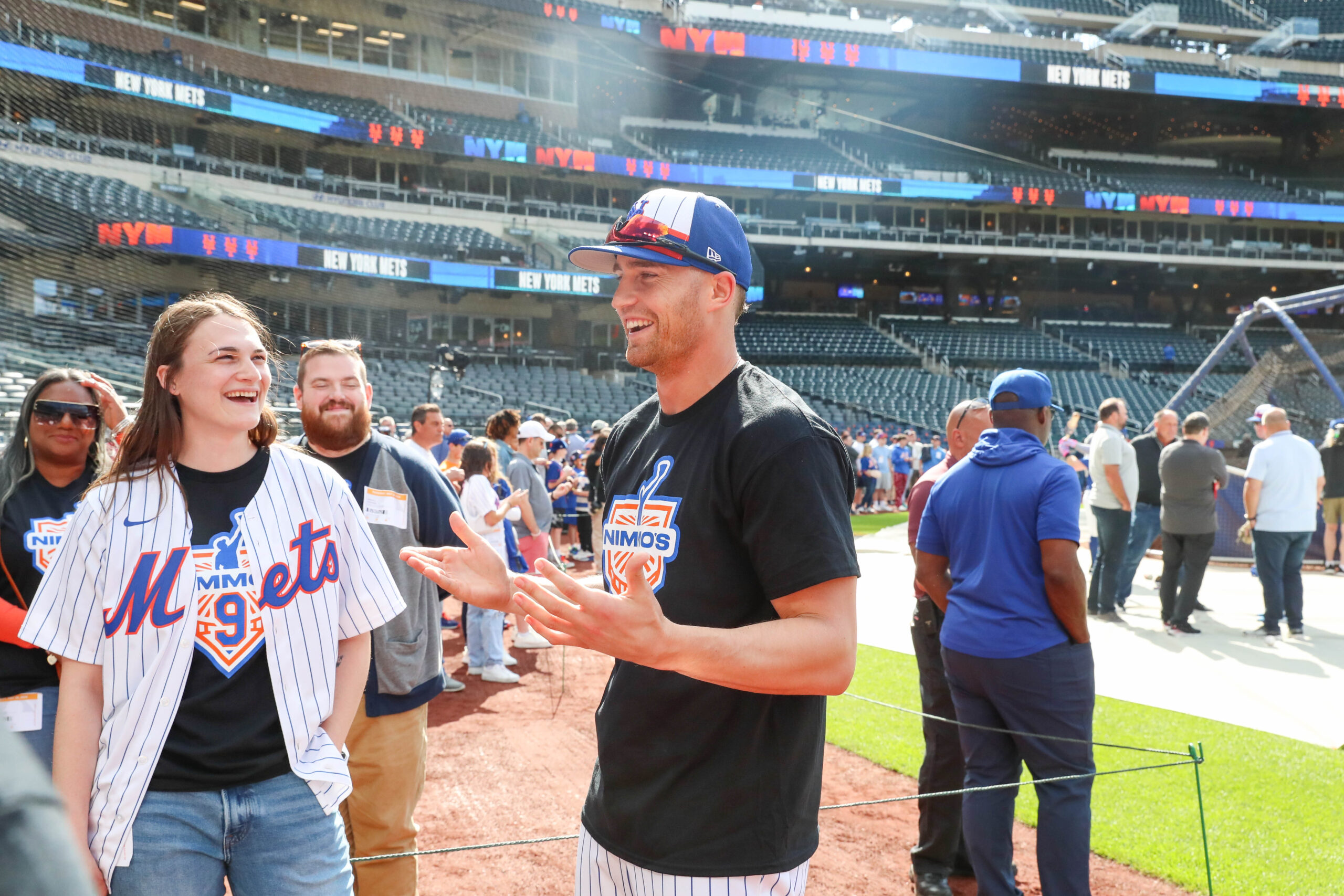
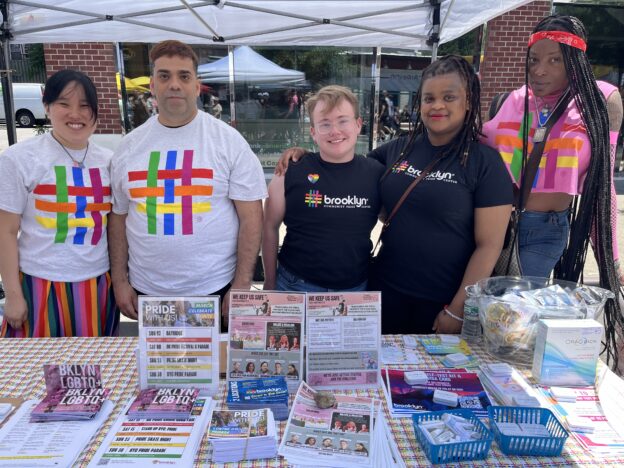
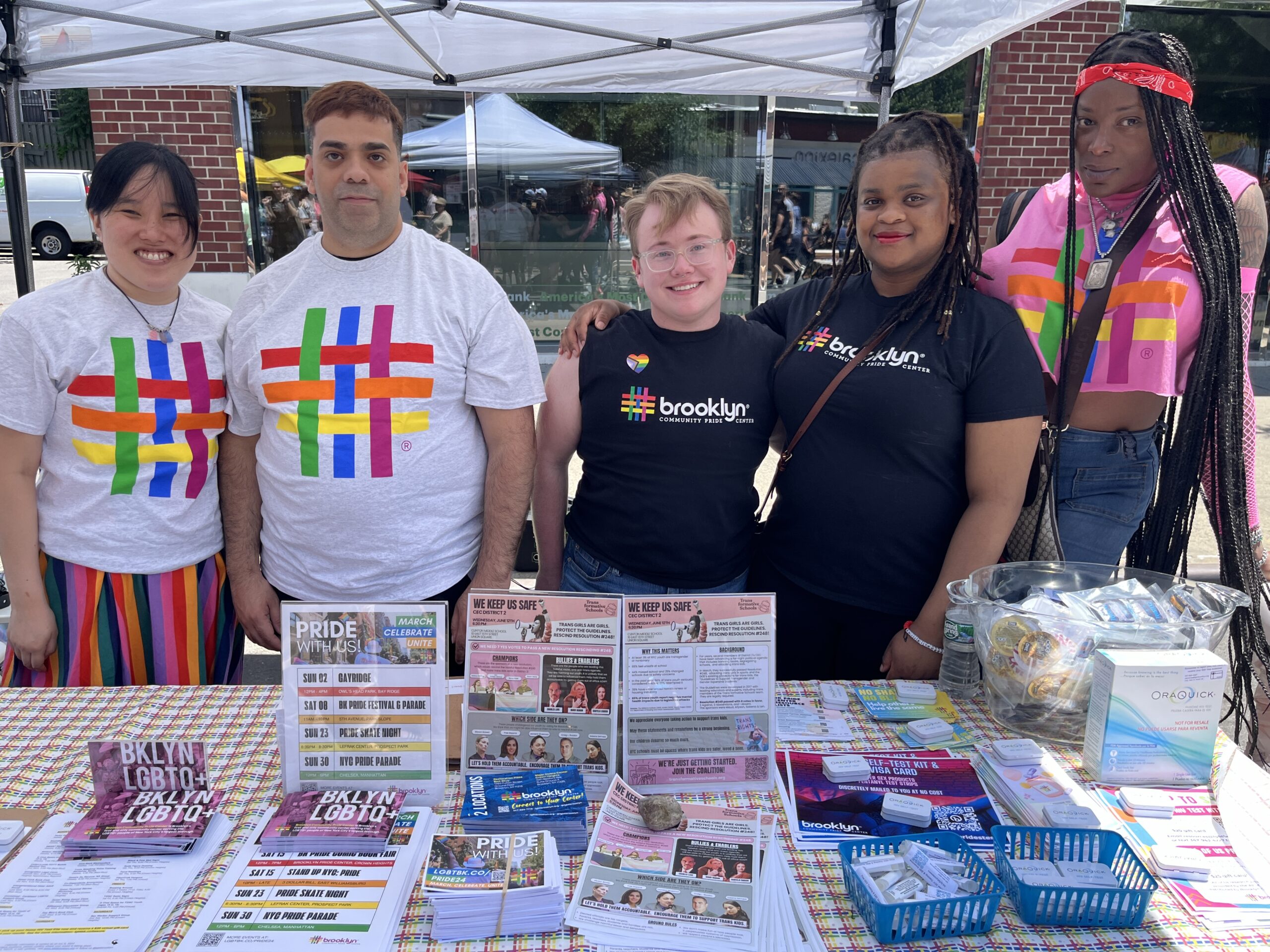
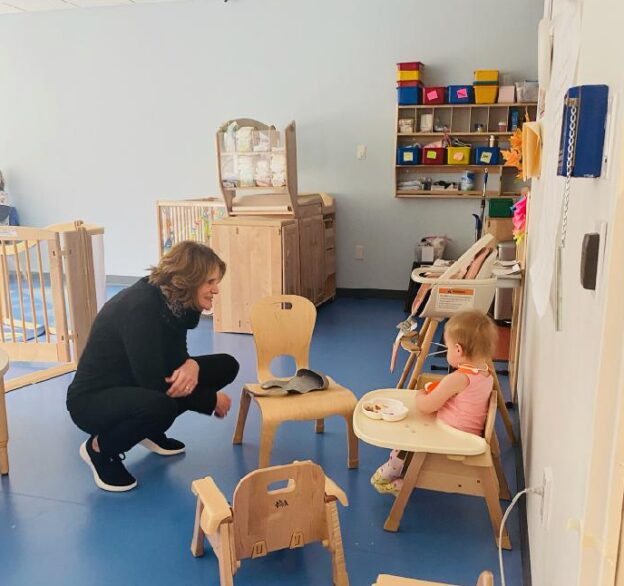
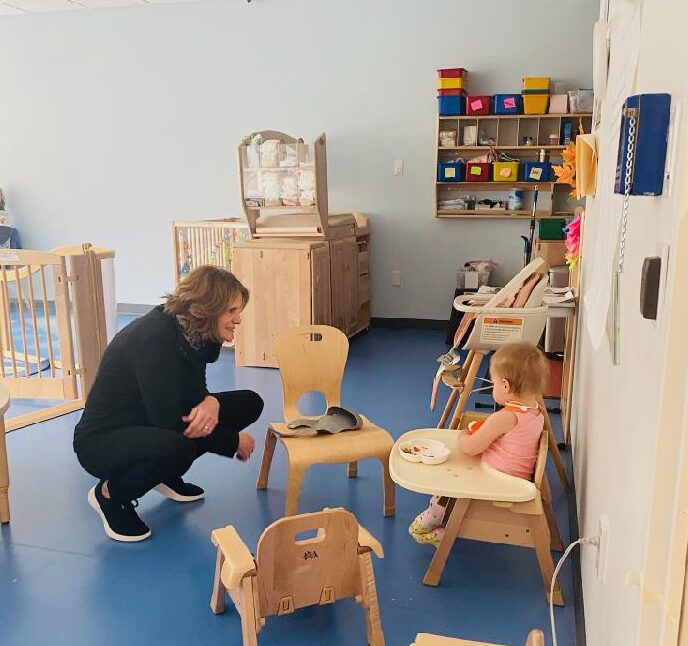 We can’t get enough of the engagement, connection, and plain old cuteness in this photo! Pictured here are Child Center Chief Executive Officer Traci Donnelly with 19-month-old Lula.
We can’t get enough of the engagement, connection, and plain old cuteness in this photo! Pictured here are Child Center Chief Executive Officer Traci Donnelly with 19-month-old Lula.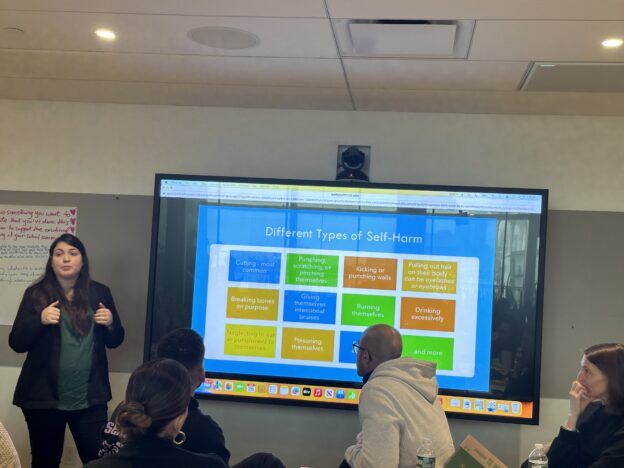
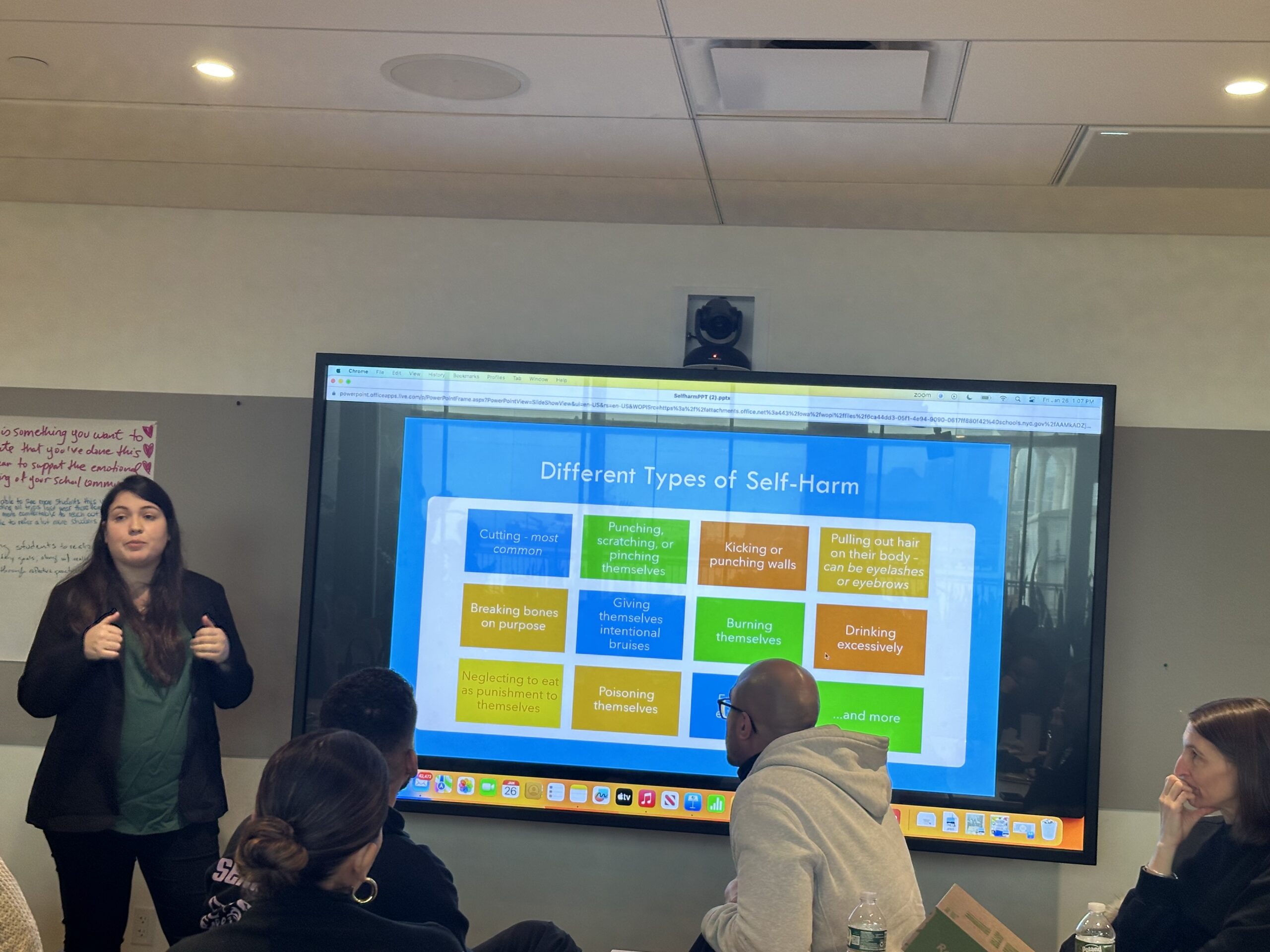
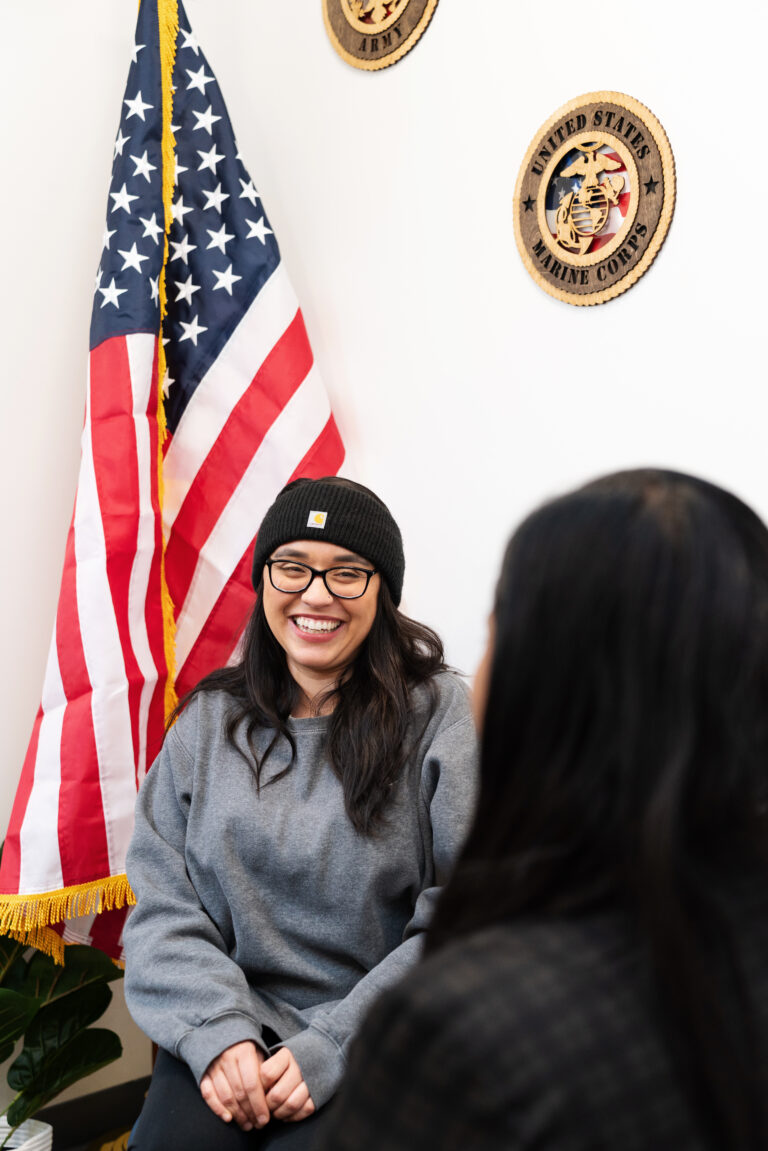
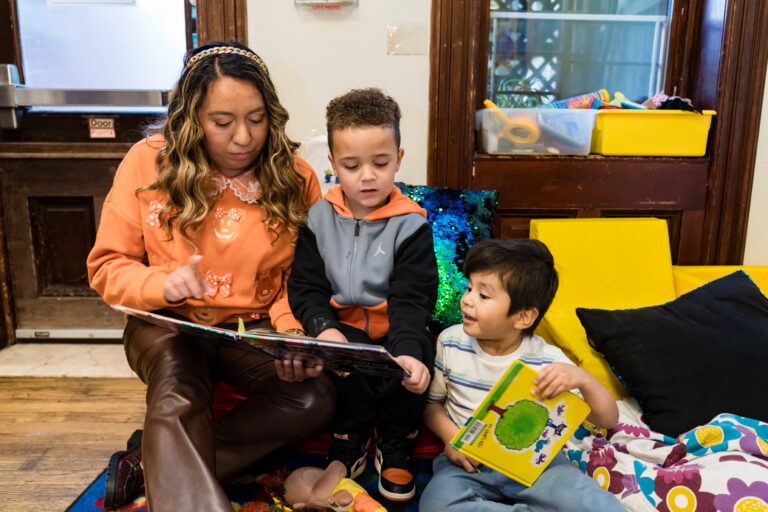




You must be logged in to post a comment.